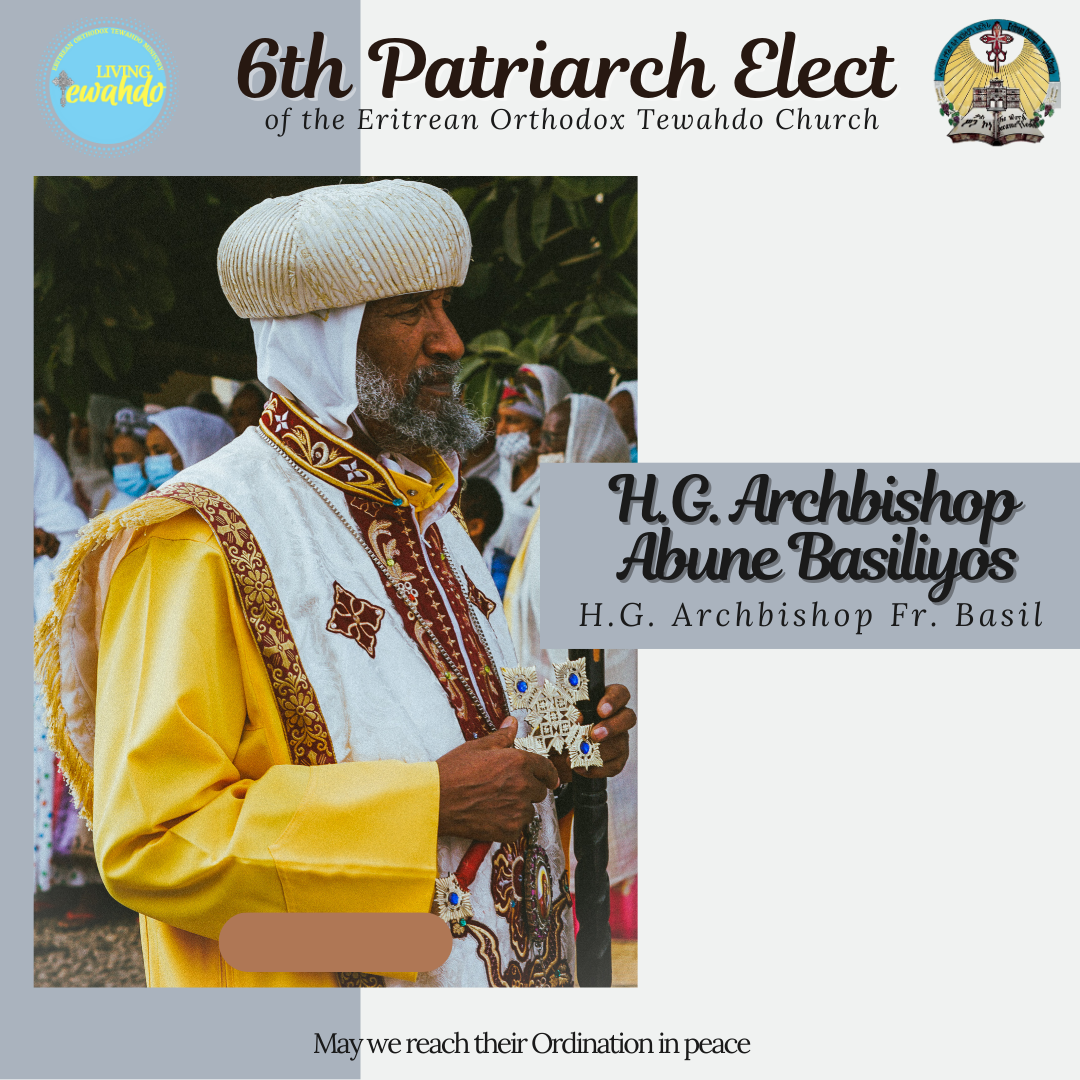In the name of the Father, the Son and the Holy Spirit-One God, Amen.
Theophany | Timqet
The Celebration of Eritrean Tewahdo Orthodox Epiphany /Timket/- Jan 19 `10
Timket, literally meaning baptism, or the feast of Epiphany, is a great festival observed every year. It is actually a three-day affair, beginning on the eve of Timket with dramatic and colorful process ions. The following morning the great day itself, our Lord and Savior Jesus Christ's baptism in the Jordan River by John the Baptist, is commemorated. The third day is devoted to the feast of St. Michael the Archangel. This all reminds that one should believe in Him, Lord the Savior and be baptized in the Name of the Father and of the Son and of the Holy Spirit. (Matthew 28:19) "He who believes and is baptized shall be saved; but he that believes not shall be damned." Mark 16 ¸ 16
Timket is a colorful national Christian celebration in orthodox Tewahdo church which the entire nation takes part. Enormous effort is put into the occasion. On the eve of the Holy Day the priest's take out the Tabots from each church and take them to near by fields where a river or water is available, in our country to "bahti meskerem". This is done in remembrance of Christ's journey to river Jordan.
The priests and the entire laity stay with the Tabots throughout the cold night and mass is performed at the midnight. Towards down a priest or a Bishop blesses the water and sprinkles it on the assembled congregation in commemoration of Christ's baptism. Following this the "Tabots" start to move back to their respective Churches with the exception of St. Michael's, which will be back the next day.
However, the Baptism in this vary day is not a kind of `second baptism' since there is only `one baptism' (Ephesians 4:5). It is a practical commemoration of the baptism of our Savior in the hands of his servant `John the Baptist'. The people, men and women, children, the very elderly, the lame and the sick go out to `continually offer the sacrifice of praise to God which is the fruit of their lips, giving thanks to his name' (Hebrews 13:15). This all reminds that one should believe in Him, and be baptized in the Name of the Father and of the Son and of the Holy Spirit. (Matthew 28:19)
The Efficacies of Baptism
Baptism is one of the seven sacraments through which a believer receives an invisible grace under the form of an outward sign visible or audible. Through baptism, offer being dipped into water three times in the name of the Father, the Son and the Holy Spirit, a person is born again and accepted in to the membership of the church. As soon as the child is born, the priest makes the proper calculation as to when the child is to be baptized and notifies the blood parents. In case of a boy, baptism takes place forty days after birth; with a girl eighty days after birth.
Baptism may be administered any time if the child is in danger of dying. After the newborn is baptized the priest can secretes the oil through his prayer and anoints the child; he also blows into its face, signifying the giving of the Holy Ghost. The baptismal rite is not repeated upon the feast of Epiphany or on repentance or any other occasion. Baptism by laymen, even deacons, is not allowed under any circumstances. It is the task of only a priest, a bishop or the Patriarch.
Verses to note:
• Through baptism, we receive the second birth, which is of Water and the Spirit. /Jn. 3:5–8/
• In baptism there is forgiveness of sins. /Acts 2:37, 38/
• Baptism is dying with the Lord Jesus Christ and Rising with Him. /Rom.6: 23, Phil.3:10, Col. 2:21
• In baptism there is newness of life. /Rom. 6: 4/
• In baptism we put on Christ. /Col. 3:27/
• In baptism we became members of the church. /Col. 2: 11 – 12/
God Bless.
May the Prayers and Intercession of the Virgin Mary Mother of God, Angels and Saints be with all of us.
Dn.Medhanie Kifle
References:
-Holy Bible
-Mahiber Qidusan

